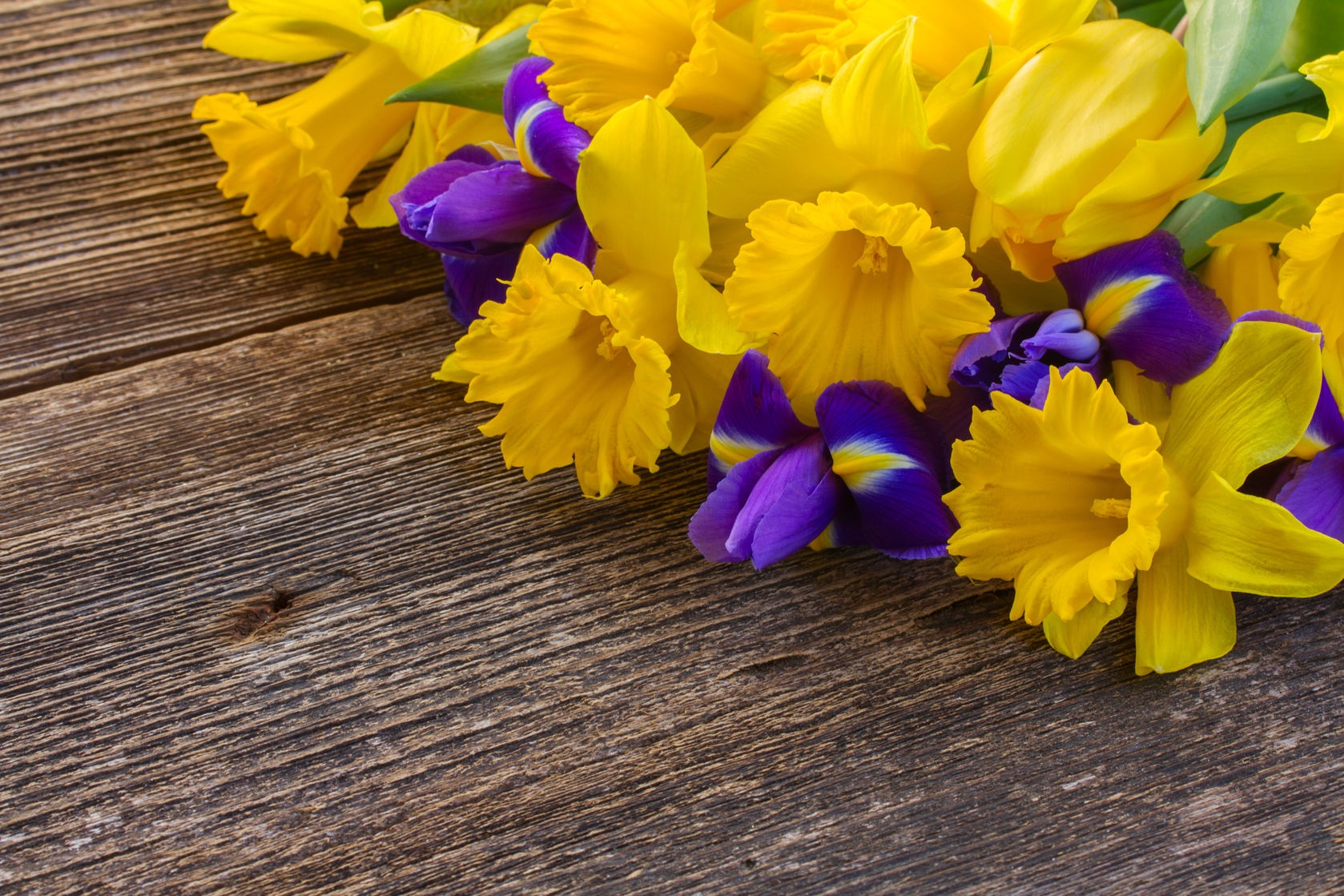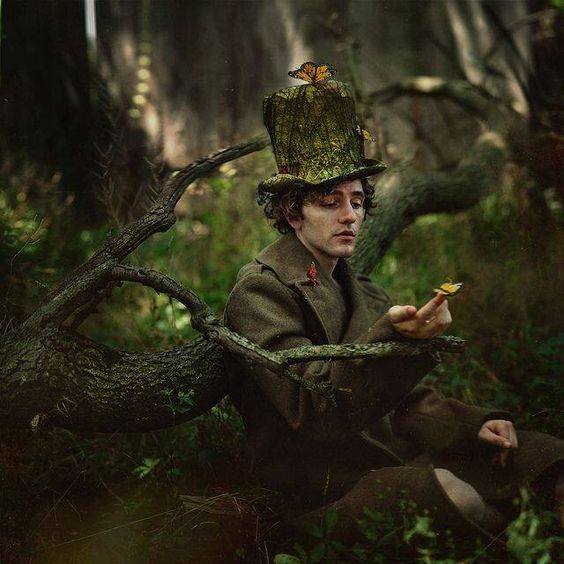 In the end, it was his hat that clinched it.
In the end, it was his hat that clinched it.
She’d taken the short-cut through the forest for as long as she could remember, maybe even longer. As a child, she’d skipped down the path, heedless of what the brambles might be doing to the hem of her blue dress, or the ruffles on her white pinafore.
Who sent a child out to play dressed in such frippery anyway? Mary-Janes were great if you wanted to tap-dance down the circular stairway in the entrance hall, but they were next to useless on a dirt path, and even worse if it had rained the day before.
Black patent-leather and squelching mud puddles did not mix well.
As she grew older, and could dictate her own wardrobe, she chose more appropriate attire – hiking boots and jeans with duster-length cardigans were her unofficial uniform.
She still cut through the forest, though, breathing in the scents of earth and leaves and growing things on her way to work every morning. She carried her laptop in a messenger bag slung across her body, and tucked her hair up into one of her many berets, a different color almost every day.
It was her trademark, she said. A beret with a butterfly pin was how the world would know she was herself.
The first time she saw him, it was when she rounded the bend just this side of the creek. He was preternaturally still, focused on the winged creature perched on his fingertips (he had long, graceful fingers, she noticed) and she froze mid-step, afraid to disturb him, or spook the colorful insect he was studying.
But even one small-ish woman’s breathing is enough to change the melody of the forest, and when he glanced up, their eyes met.
It wasn’t a cosmic thing, not really. Just two people acknowledging each other’s presence, and moving along on separate paths.
The met in the forest several times after that, never speaking.
Sometimes, he would beckon her closer, and point to a small bird sipping from a puddle, and they would watch together in communal rapture.
Sometimes, she would offer him a piece of fruit leftover from her day – an apple, maybe, or a banana – once it was half a pomegranate and a plastic spork – and he’d grinned at her, and called her Persephone.
His voice was like the ripples of water flowing over stone.
That one word, the name that wasn’t hers, but should have been, opened the floodgates of conversation. He was an art teacher at the local magnet school, he said. He came to the woods for inspiration.
When he learned that she owned the local café and was also trying to write a novel, he asked to read her pages.
She finally relented when he came into her workplace with a sketch of her on a purple beret day, sitting on a rock, surrounded by dragonflies. (In reality there had only been one or two, but she liked his enhancement.) Looking at the sketch, she realized she’d never thought of herself as being pretty, but that she looked so, at least when depicted in pencil-strokes.
Let me take you to dinner, he asked.
She demurred. She didn’t have time to date, she said.
In truth, she knew that it wouldn’t be just a date, or even just dinner. There was something about this man whom butterflies trusted that made her heart flutter like papery wings.
When you’re ready, he told her, I’ll be here.
She avoided the forest for days, after. Embarrassed. Attracted. Confused. She took the longer route to work. She even drove there, on the day it rained.
She missed him, she realized.
She returned to her usual path the next morning, and when she stepped into a puddle, she laughed at the squelching sound her boot made.
He appeared, as if from nowhere, with a green top-hat covering his dark, curly hair. You’re back, he didn’t say. I’ve missed you, his lips did not utter. But his eyes were shining, and his smile was like a ray of sun cutting through fog.
His hat looked as though the forest had gifted it to him, as if it were made from leaves and branches. It wasn’t, of course. It was only felted wool. But the effect caught her attention.
Nice hat, she said.
A student’s project, he explained. They were supposed to capture nature in an ordinary object.
I hope they got an ‘A,’ she replied.
He assured her that they had.
When he appeared in her café the next day, she accepted his invitation to dinner.
She had to, you see.
She’d always been a sucker for men in hats.
About the author: Melissa A. Bartell
 Melissa is a writer, voice actor, podcaster, itinerant musician, voracious reader, and collector of hats and rescue dogs. She is the author of The Bathtub Mermaid: Tales from the Holiday Tub. You can learn more about her on her blog, listen to her podcast, or connect with her on on Facebook, Instagram, or Twitter.
Melissa is a writer, voice actor, podcaster, itinerant musician, voracious reader, and collector of hats and rescue dogs. She is the author of The Bathtub Mermaid: Tales from the Holiday Tub. You can learn more about her on her blog, listen to her podcast, or connect with her on on Facebook, Instagram, or Twitter.
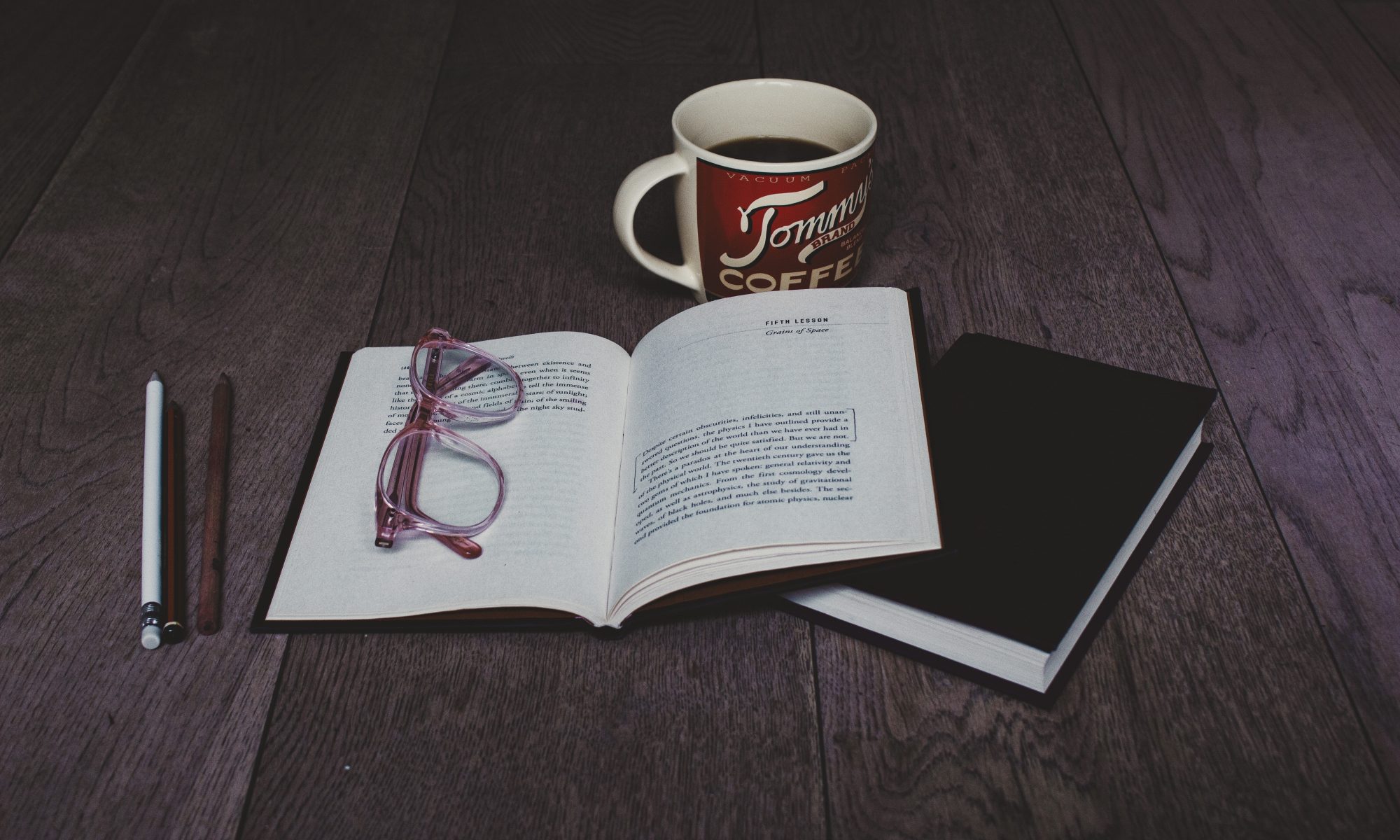
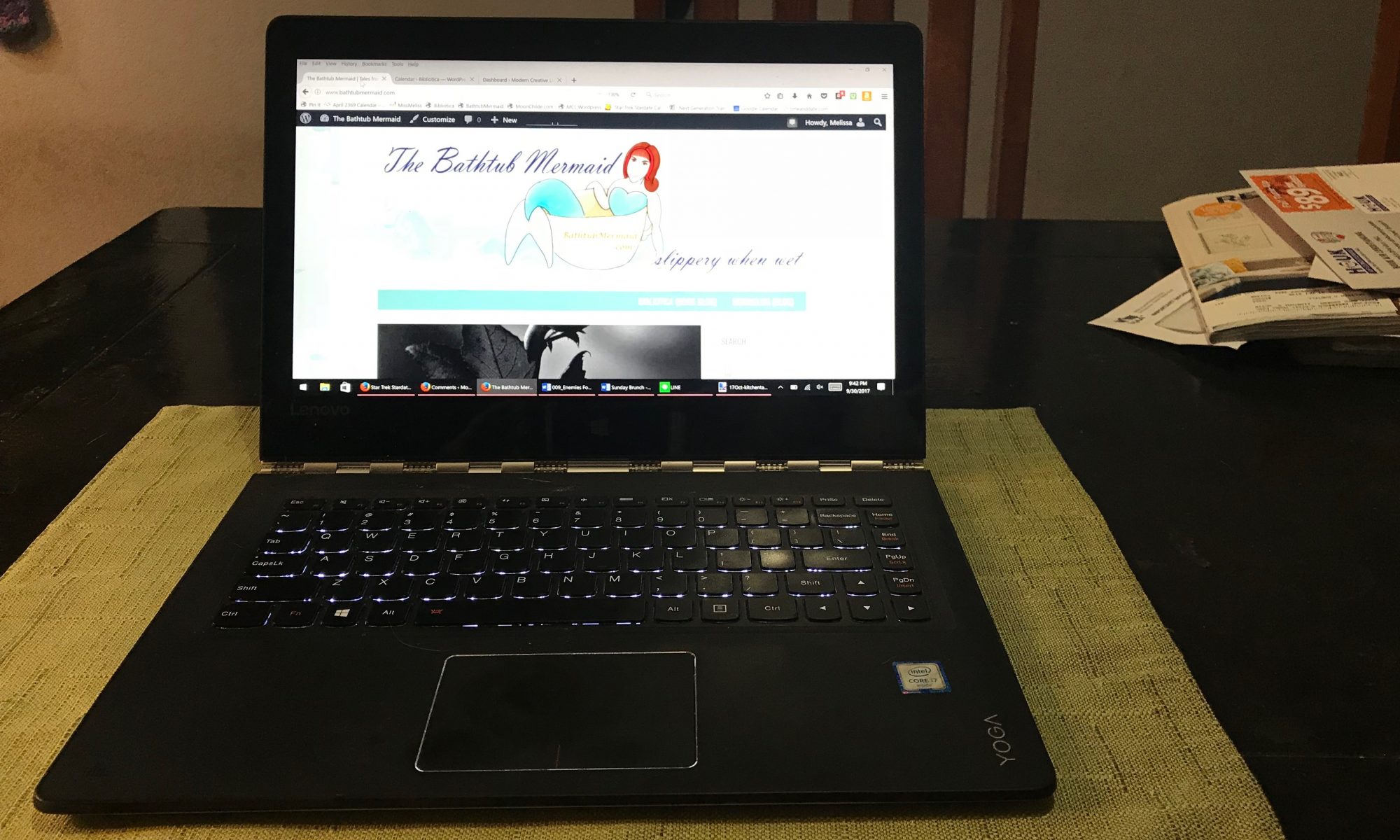
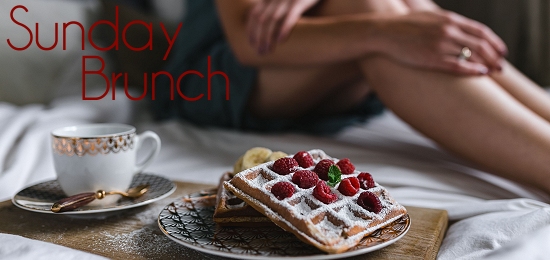
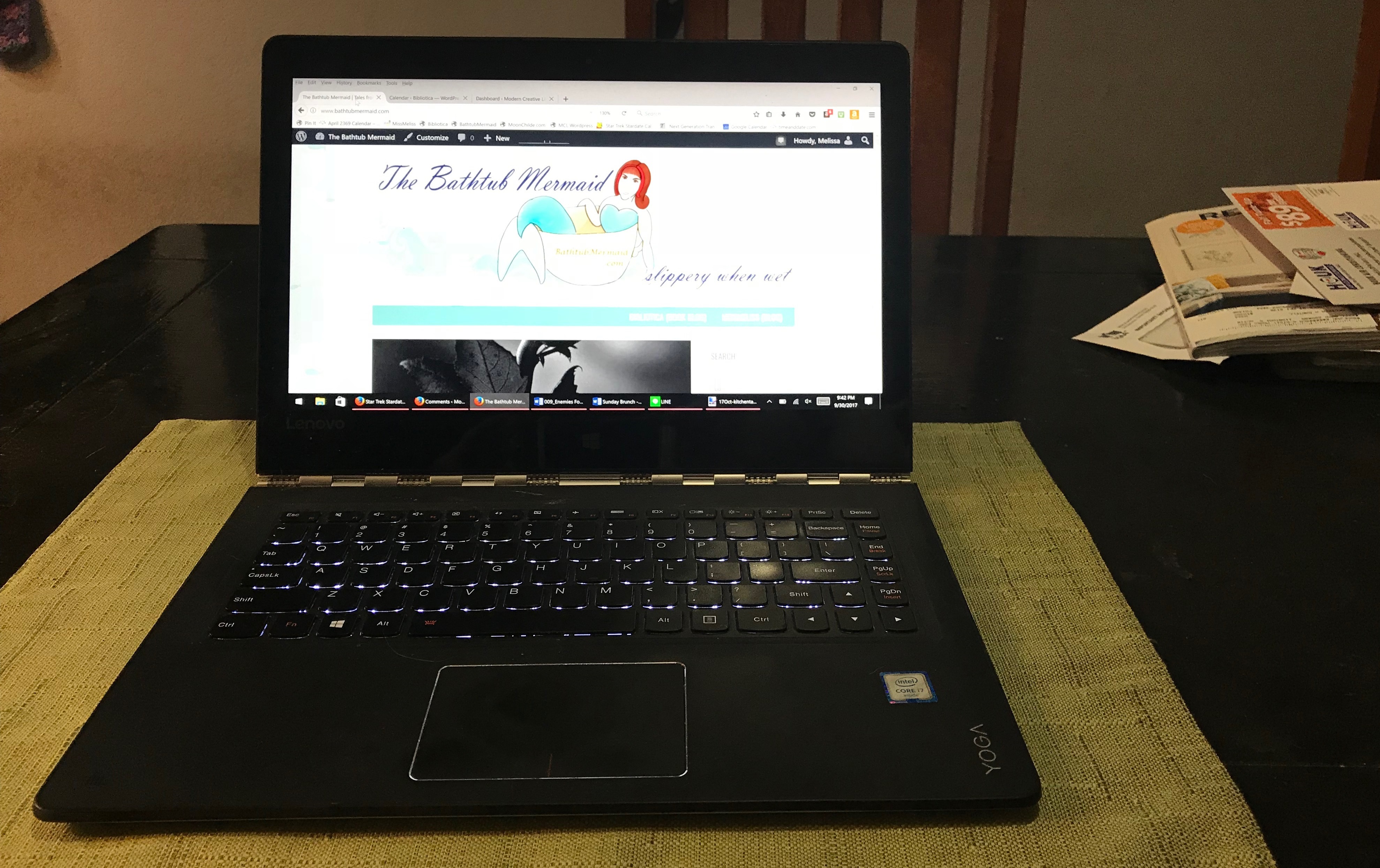

 Most often, the birds I see are grackles, but I actually like those birds, which aren’t jet black, after all, but deep indigo, purple, charcoal grey, and even, sometimes, subtle maroon. Sometimes there are woodpeckers. Often the big obnoxious blue jay with the Batman mask over his eyes comes to visit. I’m no Disney princess. The birds don’t ever clean up my house or create dresses from flowers and twigs, but I like seeing them.
Most often, the birds I see are grackles, but I actually like those birds, which aren’t jet black, after all, but deep indigo, purple, charcoal grey, and even, sometimes, subtle maroon. Sometimes there are woodpeckers. Often the big obnoxious blue jay with the Batman mask over his eyes comes to visit. I’m no Disney princess. The birds don’t ever clean up my house or create dresses from flowers and twigs, but I like seeing them.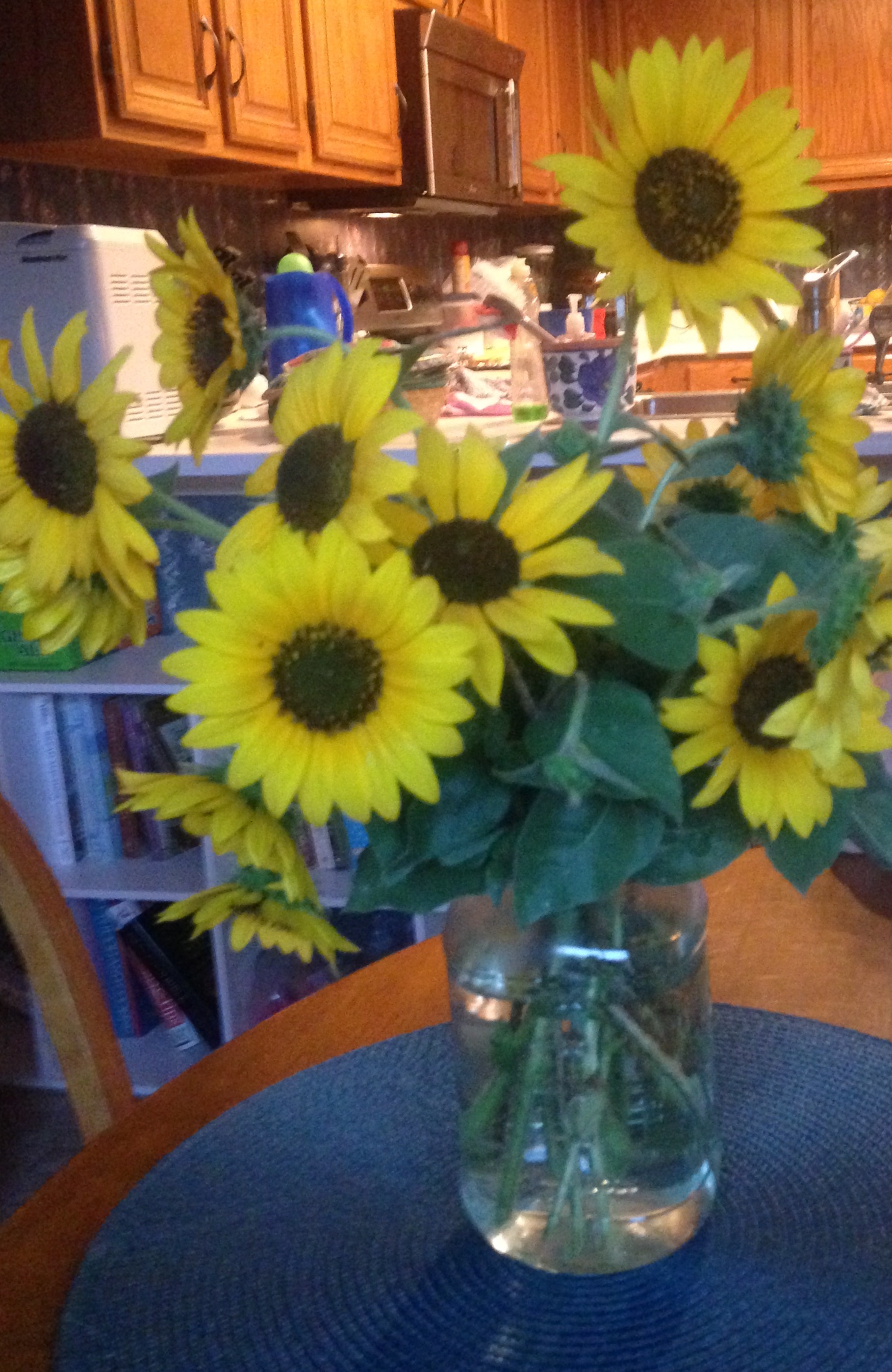
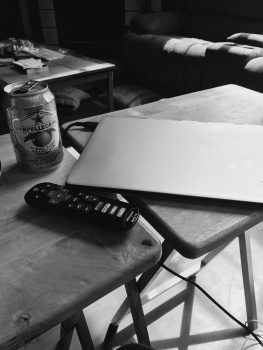


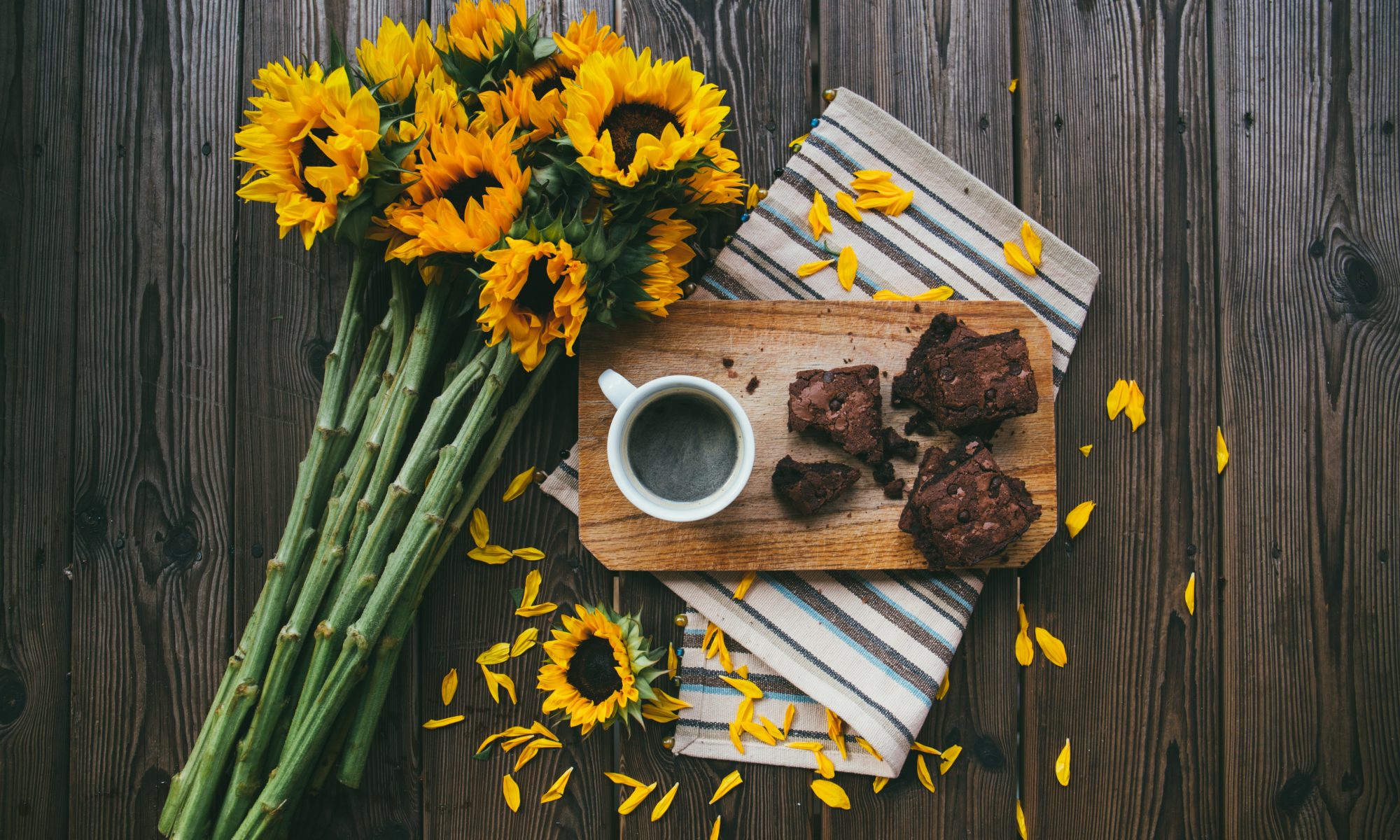
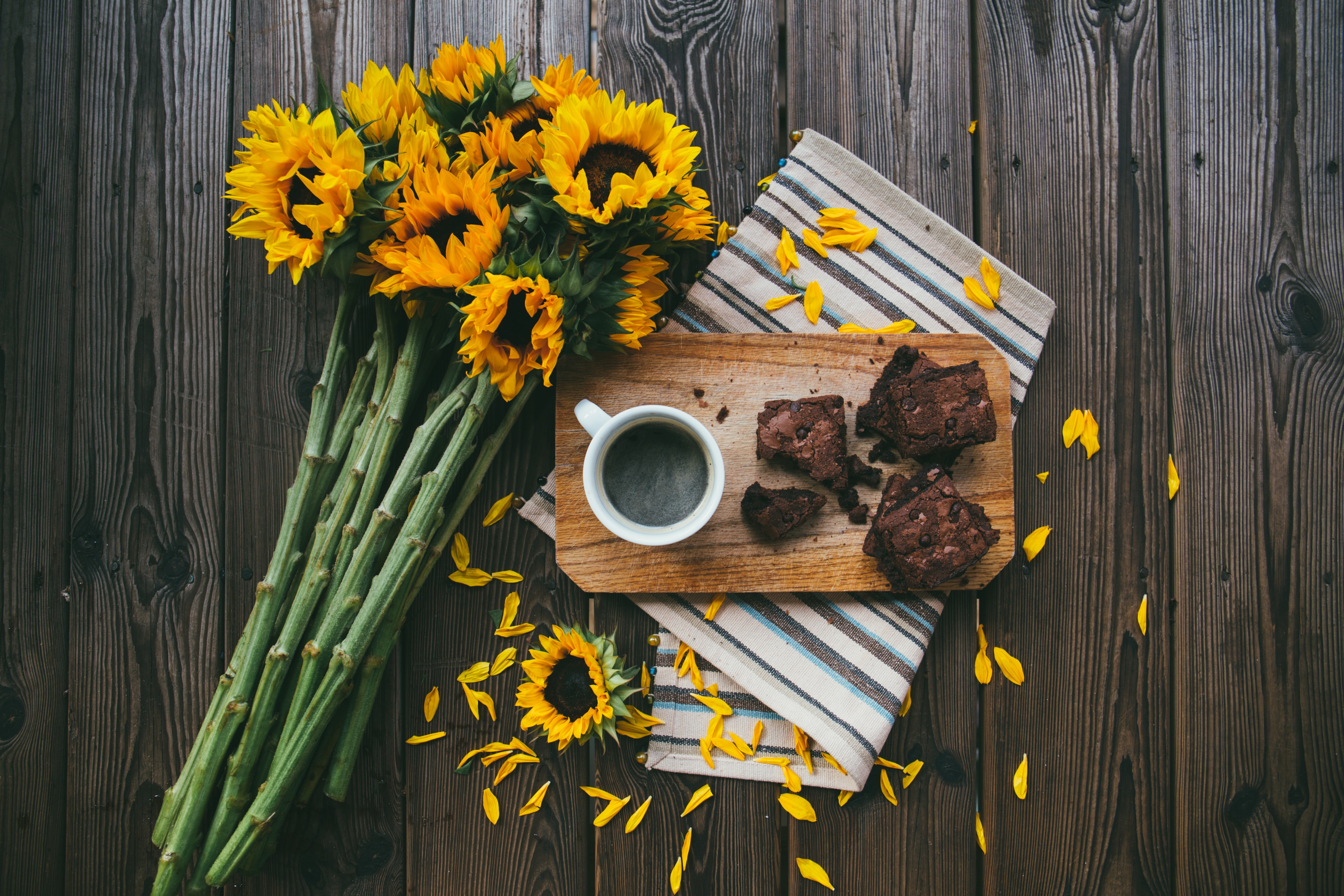

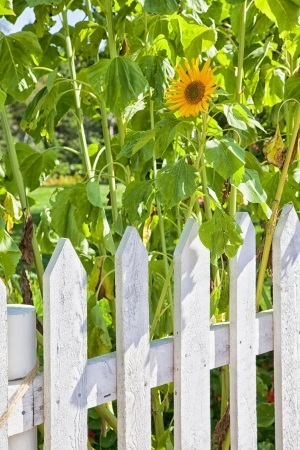
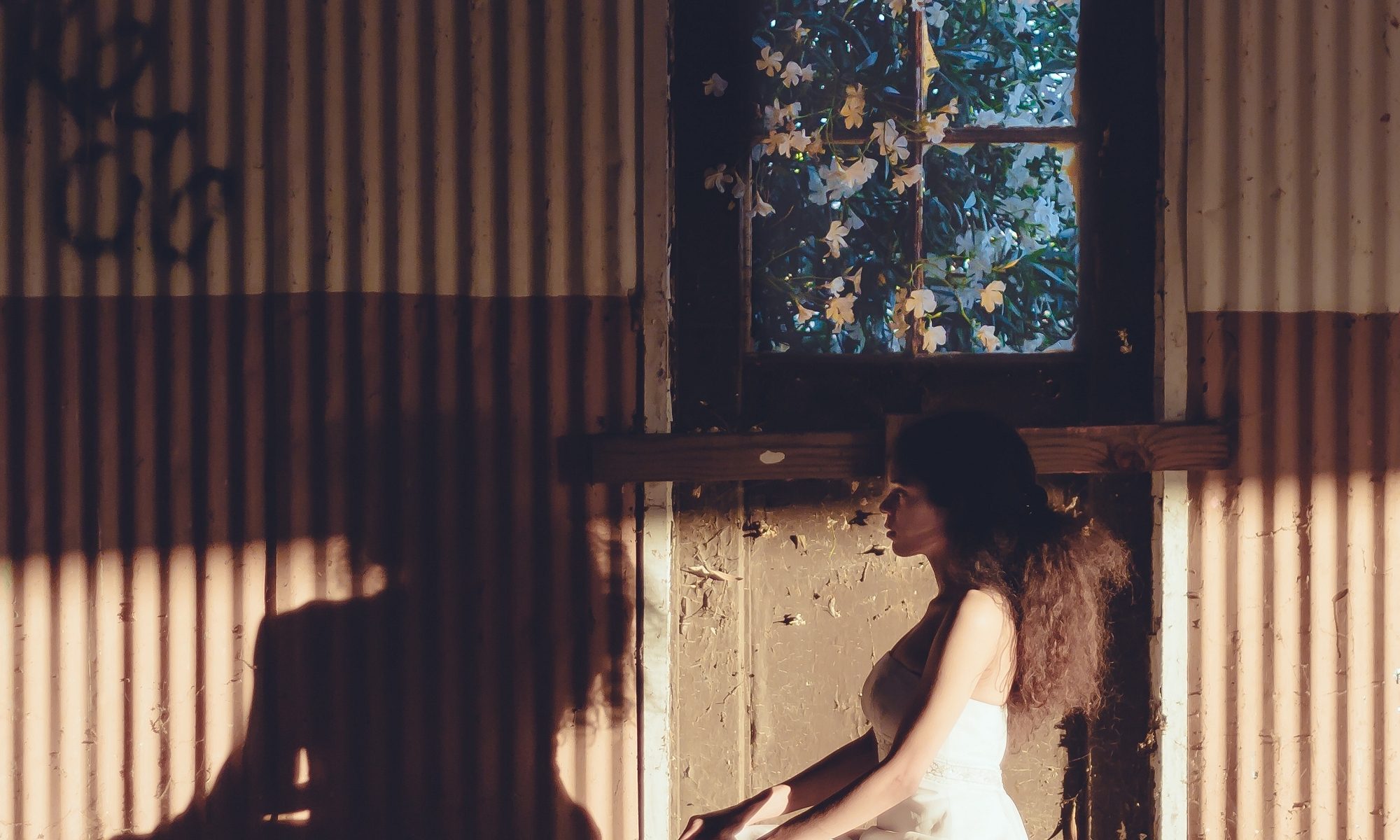
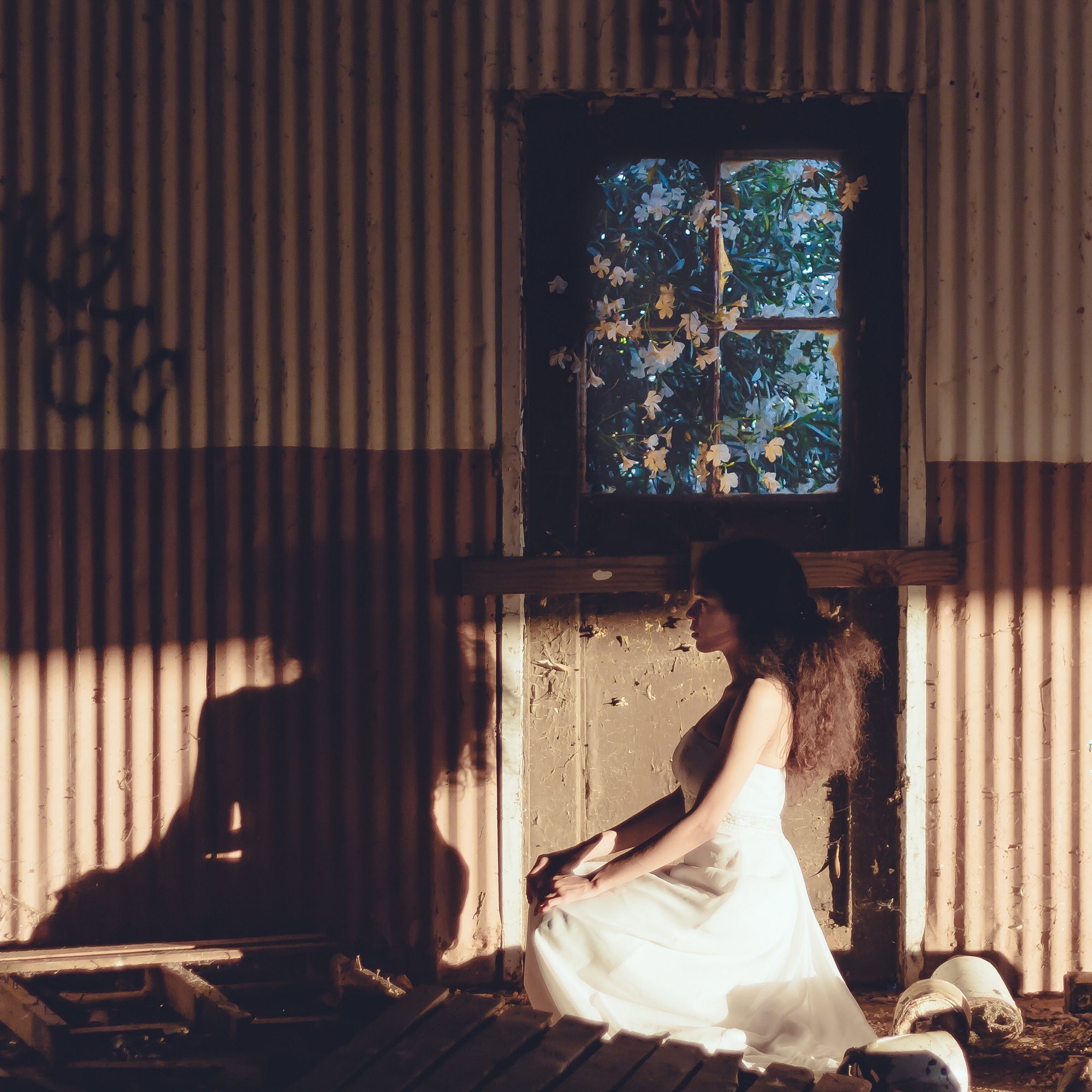
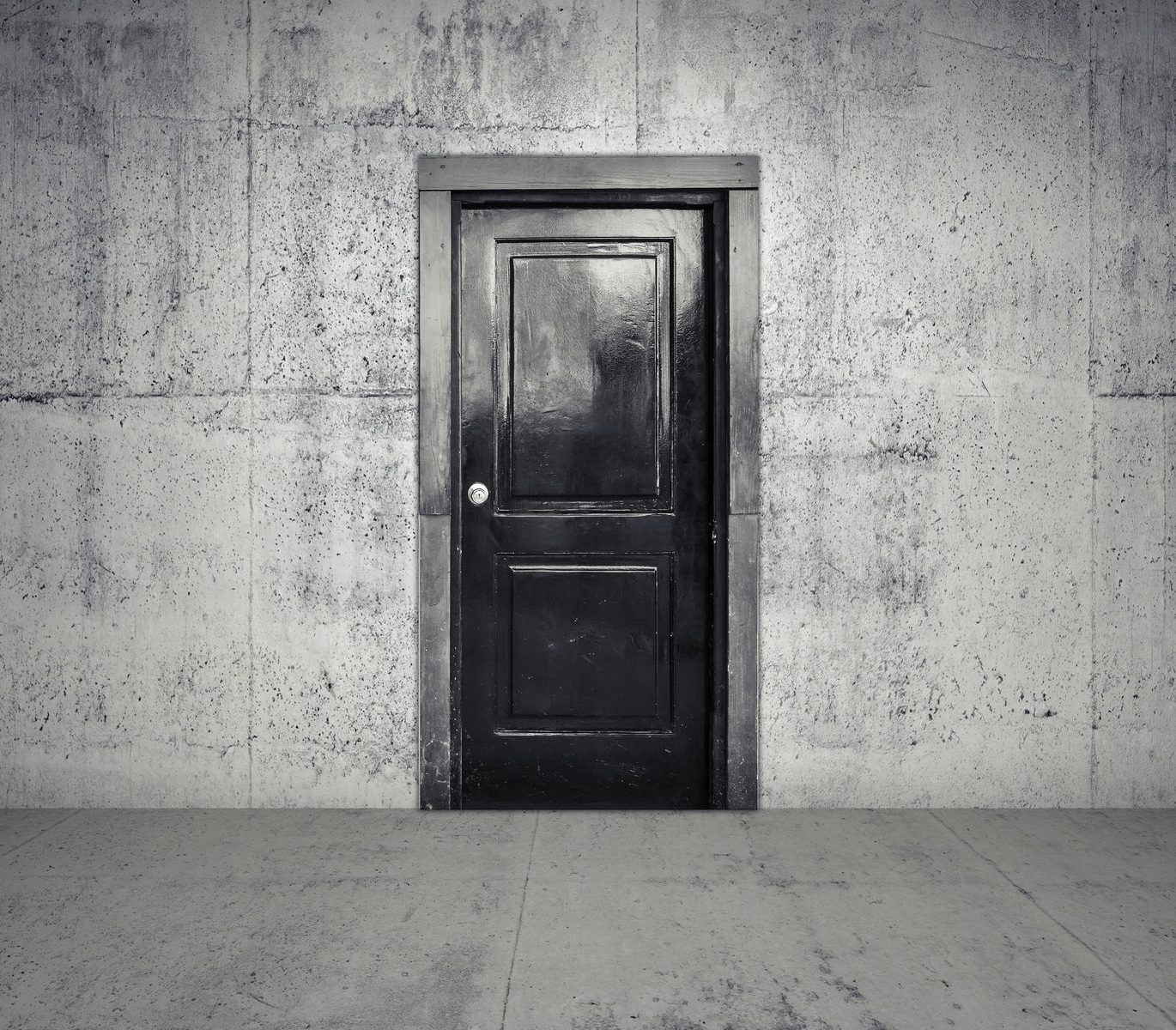
 But there is another kind of negative space, the kind that has nothing to do with art, but a lot to do with stifling the creativity of the artist, the writer, the musician…
But there is another kind of negative space, the kind that has nothing to do with art, but a lot to do with stifling the creativity of the artist, the writer, the musician…
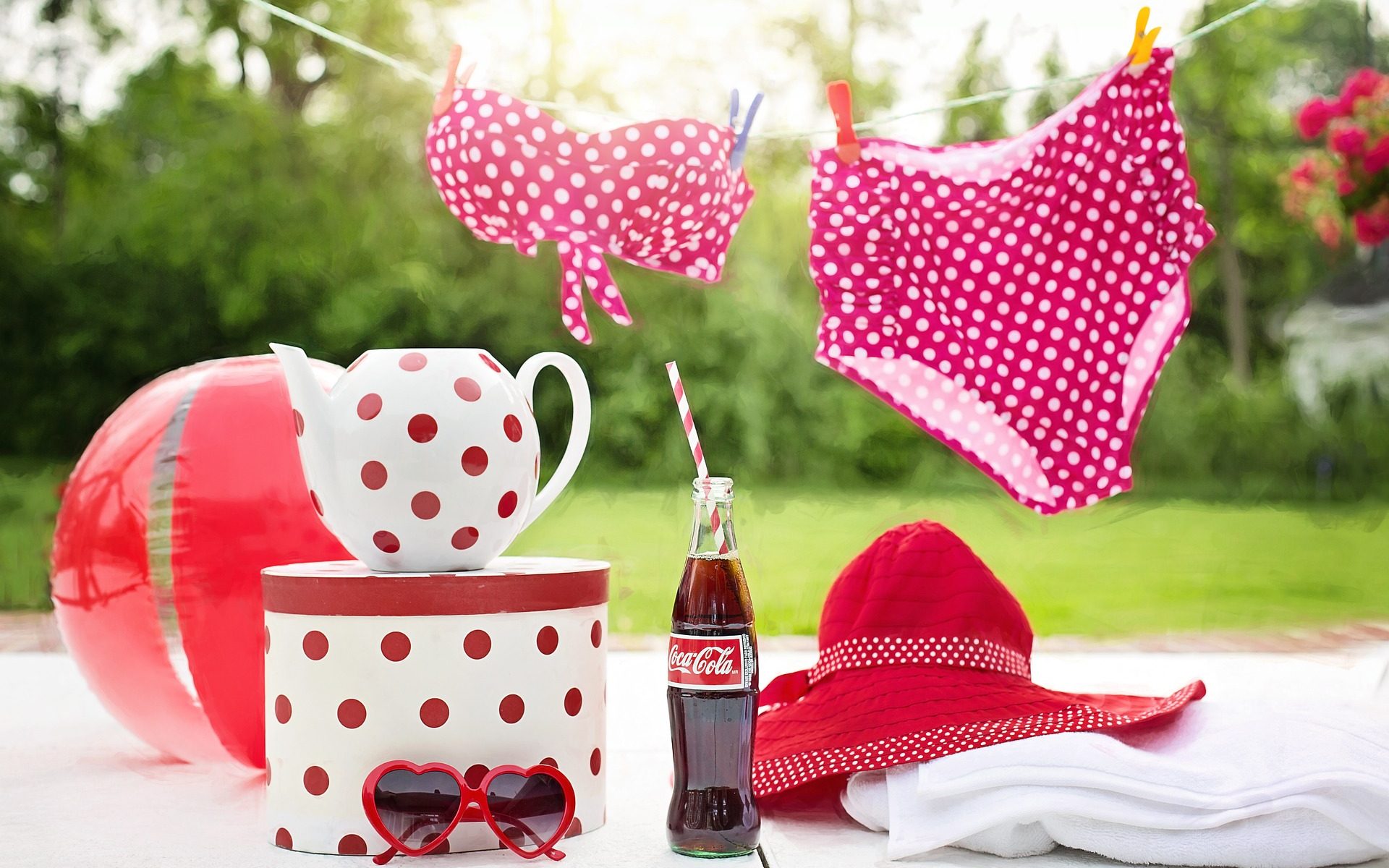

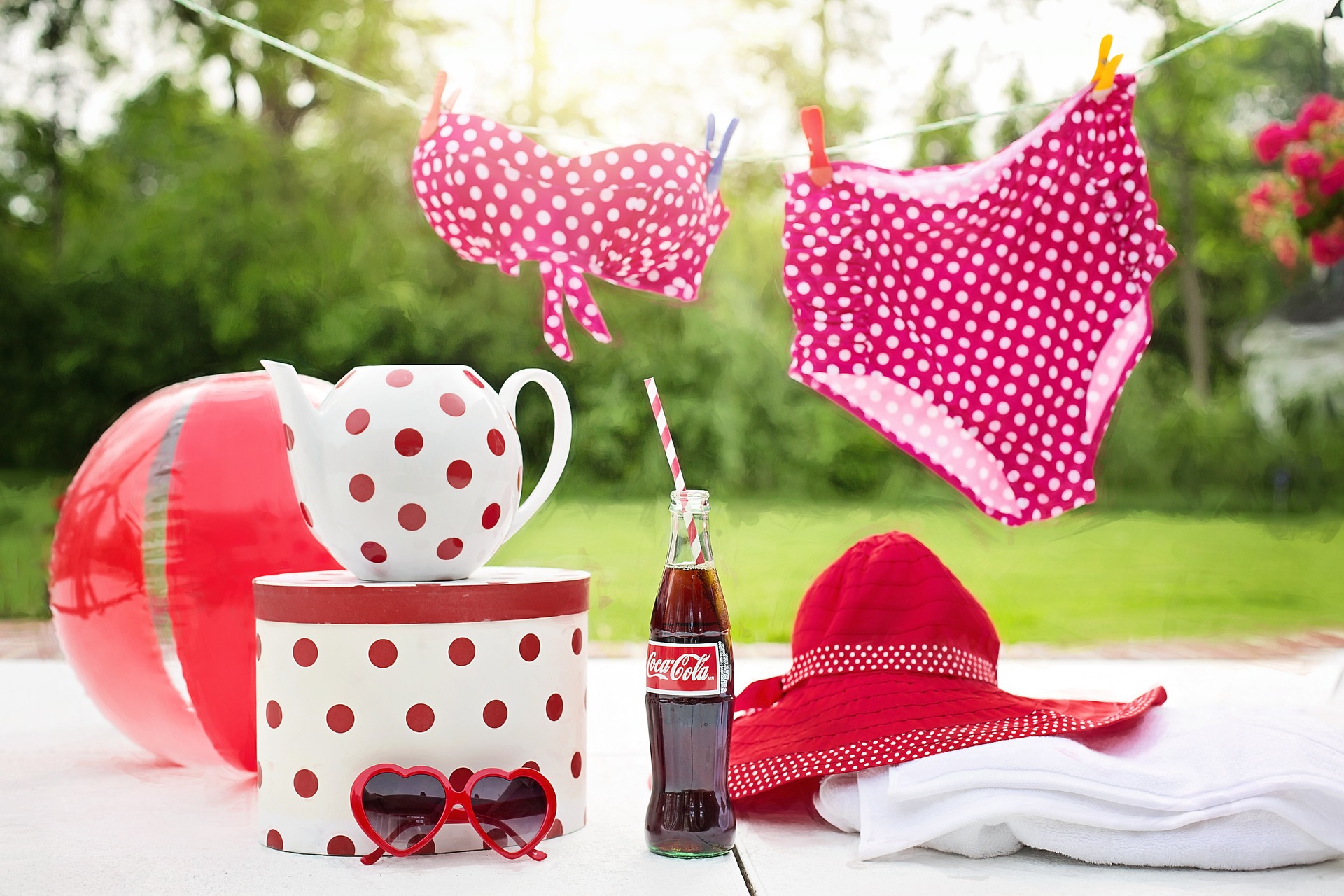
 Melissa is a writer, voice actor, podcaster, itinerant musician, voracious reader, and collector of hats and rescue dogs. She is the author of
Melissa is a writer, voice actor, podcaster, itinerant musician, voracious reader, and collector of hats and rescue dogs. She is the author of 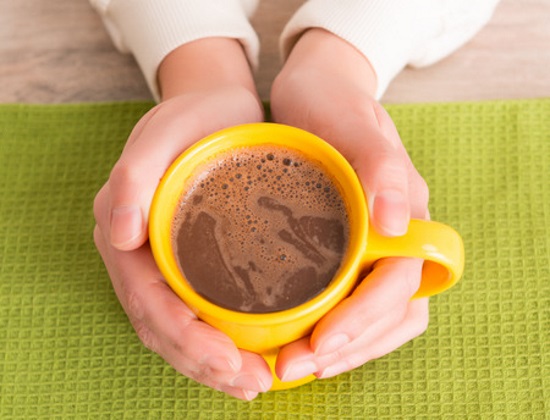

 Melissa is a writer, voice actor, podcaster, itinerant musician, voracious reader, and collector of hats and rescue dogs. She is the author of
Melissa is a writer, voice actor, podcaster, itinerant musician, voracious reader, and collector of hats and rescue dogs. She is the author of 